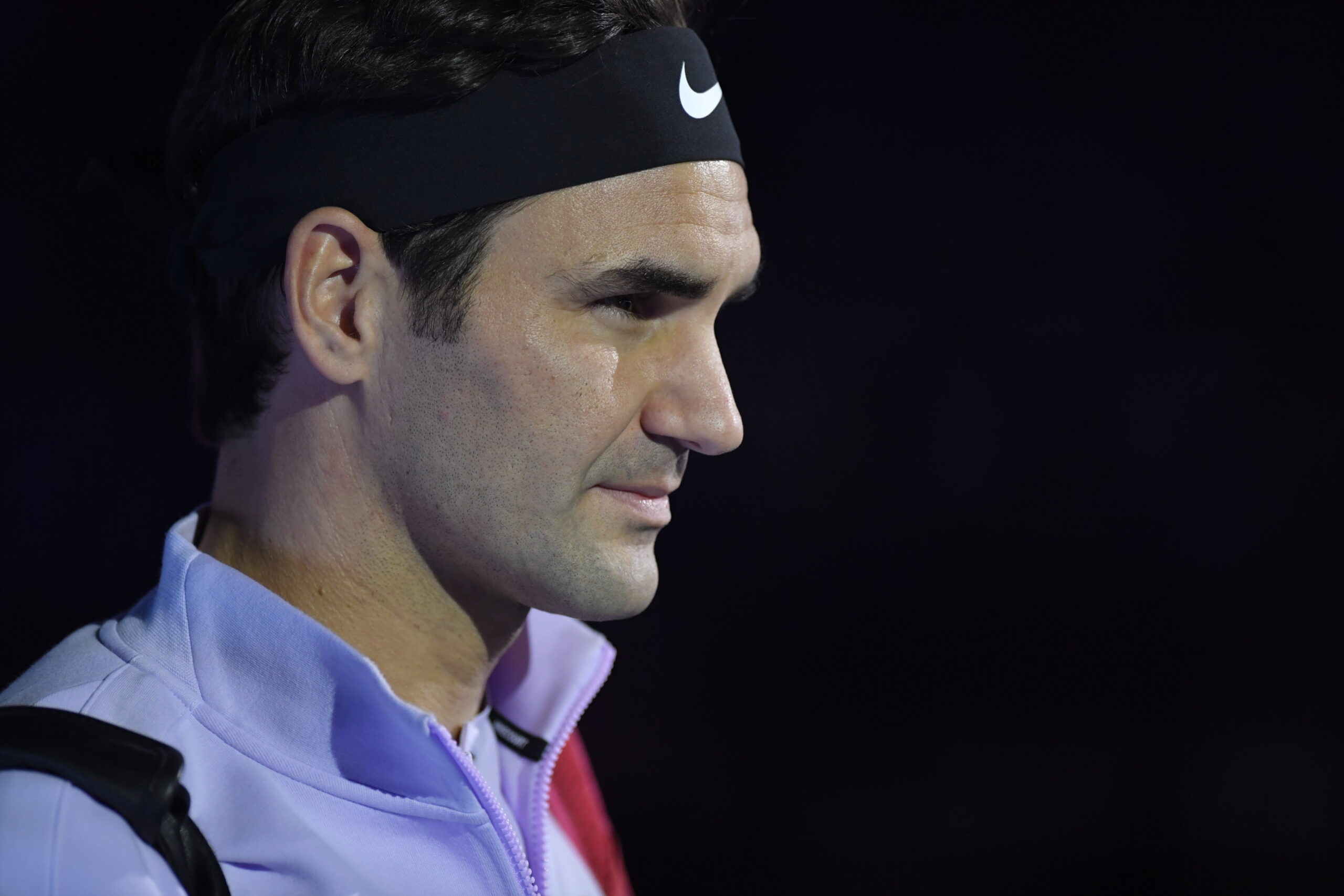When crowning the greatest tennis player of all-time, judgment is not solely decided by the numbers.
If you base your verdict purely on match statistics or tournament wins over the course of a career, the man who has come out at the top for many tennis fans does not tick those boxes and yet Roger Federer is so much more than just a tennis player.
Here we have a cultural icon, a figure known far beyond the tennis community and a hero unparalleled in the popularity stakes in the history of the game.
So while Rod Laver was a champion for the ages, Jimmy Connors set records that have yet to be beaten, John McEnroe and Bjorn Bjorn were a duo who took tennis to a new level and Andre Agassi, Peter Sampras, Novak Djokovic and Rafael Nadal are modern-day greats, Federer remains in a league of his own to his army of admirers.
Whatever comes next in tennis, it is hard to imagine any player leaving a bigger mark on the game than Federer, with his initial period of dominance 2003 and 2010 backed up by a second coming at the back end of a career that has seen his levels of consistency maintained for two glorious decades.
Little did we know that the greatest tennis player of them all was on court as Federer served as a ballboy at the Swiss Indoor championship in 1992 and 1993, with his promise as a young boy diluted by a fiery temperament that often got the better of him when he was under pressure in his junior career.
Winning the 1998 Boys’ Singles title at Wimbledon cemented the belief of many that he had the potential to be a special player and when he beat the great Pete Sampras on the Centre Court at the All England Club three years later, the breakthrough moment had arrived for this 19-year-old.
Erratic in the early phase of his career, Federer struggled to convert fine performances into tournament wins, but all that changed in 2003 as he landed his first Wimbledon title and his era of dominance at the top of the game began in earnest.
He was unbeaten at Wimbledon for five straight years and added seven further Grand Slam titles to his collection during that run, which was ended by his great rival Rafael Nadal in an epic 2008 final on the grass at SW19.
Nadal devotees will argue the Spaniard’s winning record against Federer is evidence that he deserves to be ranked ahead of his enduring friend and foe, yet that record is somewhat misleading as a majority of Nadal’s wins have come on his favoured clay courts.
Djokovic also has a winning record against Federer and may well have claims to be hailed as the greatest if he ends his career with the most Grand Slams, yet the Swiss maestro holds a collection of records that few will match.
Federer has appeared in more Grand Slam finals (31), semi-finals (46) and quarter-finals (58) than anyone in the history of the game, has played more matches in major championships than any other player (421) and he also holds 20 Grand Slam titles, two behind Nadal and one behind Djokovic.
“I believe Federer is better than Nadal, but their record doesn’t show this,” former ATP Top 10 player Nicolas Almagro suggests. “In my opinion, Federer is the best player of them all in terms of technique, but Nadal has beaten him so many times because he is stronger mentally.
“Federer was my toughest opponent because he played with you and not against you. It was a totally different experience. Slice, short shot, top spin, volley, he had everything. You didn’t know what was coming next and he had everything. There was no big weakness.
“He is all talent and it is only when he plays someone like Nadal and 99 per-cent of the balls are coming high to his backhand, then he is in trouble. It is difficult for him to find a solution and that is where Nadal has had an edge over him.”
If there is any doubt over who should be hailed as the greatest of them all, we should allow the player ranked at No.2 in our Tennis365 list to offer his final verdict.
“Roger may well be the No.1 in this era,” states Australian legend Rod Laver. “The amount of tournaments he has won is part of it, but the love he has for the game and the desire to make it better adds to what he brings to our sport. He has brought so many more people into tennis and that is an incredible legacy for him to have.”
The buzz that echoes around a stadium or an arena when Federer produces a moment of magic is different to every other player and while it is often said that we only appreciate the sporting greats when their careers come to an end, that rule is not in place here.
Christopher Clarey’s beautifully written book on Federer entitles ‘The Master’ chronicles Federer’s story beautifully, with the man behind the legend as graceful off the court as he is on it. That’s another why this champion is a little different from those who went before him.
All tennis lovers understand what Federer means to the sport and for that reason, many will always have him at the top of their list of all-time greats.
ROGER FEDERER
Born: August 8th 1981 in Basel, Switzerland
Year turned pro: 1998
Grand Slam wins: 20
Australian Open: 2004, 2006, 2007, 2010, 2017, 2018
French Open: 2009
Wimbledon: 2003, 2004, 2005, 2006, 2007, 2009, 2012, 2017
US Open: 2004, 2005, 2006, 2007, 2008
Davis Cup: 2014
Total tour titles: 103
Win/loss record: 1251–275

